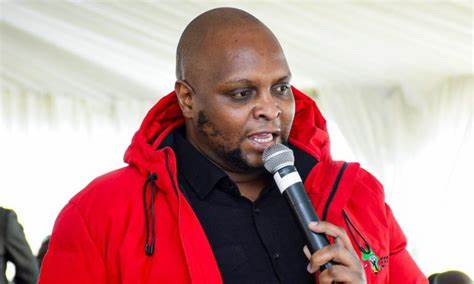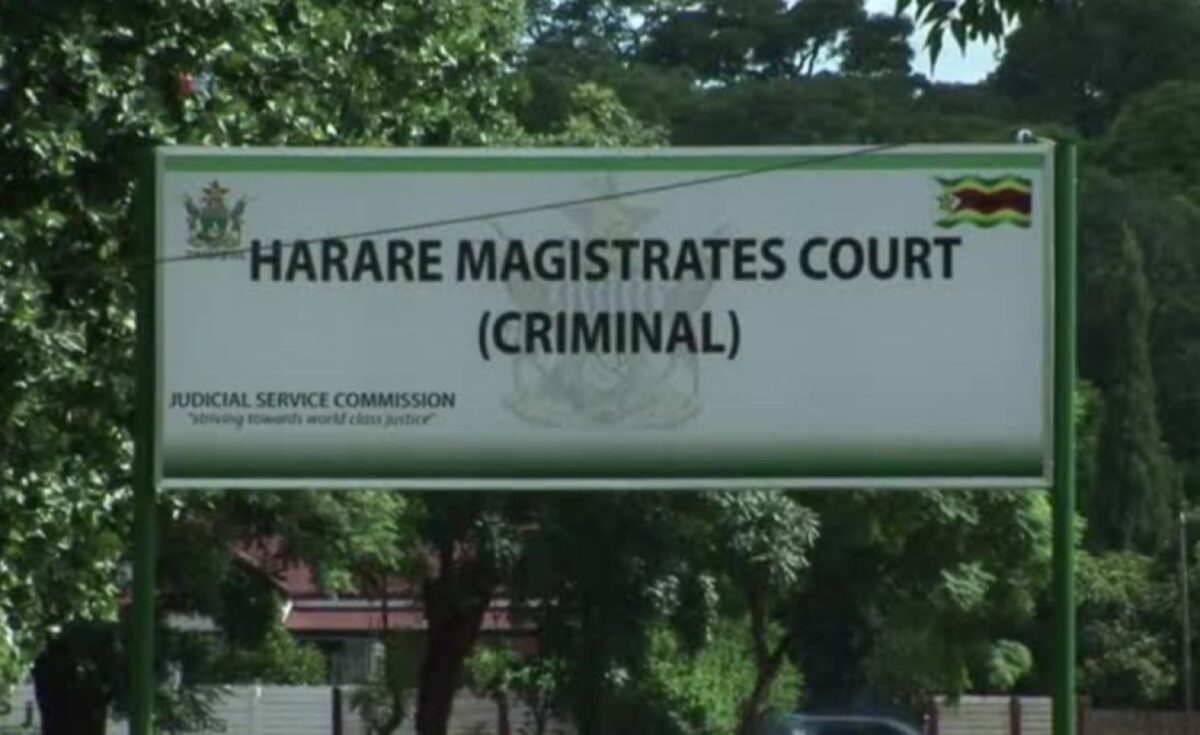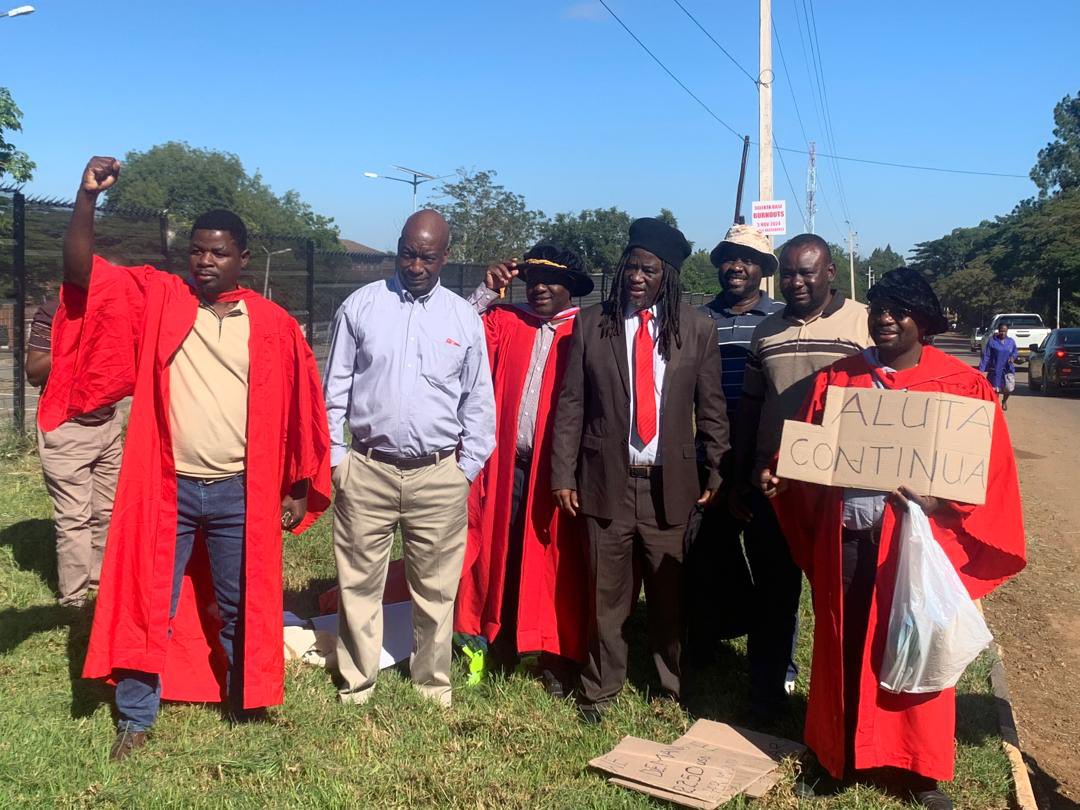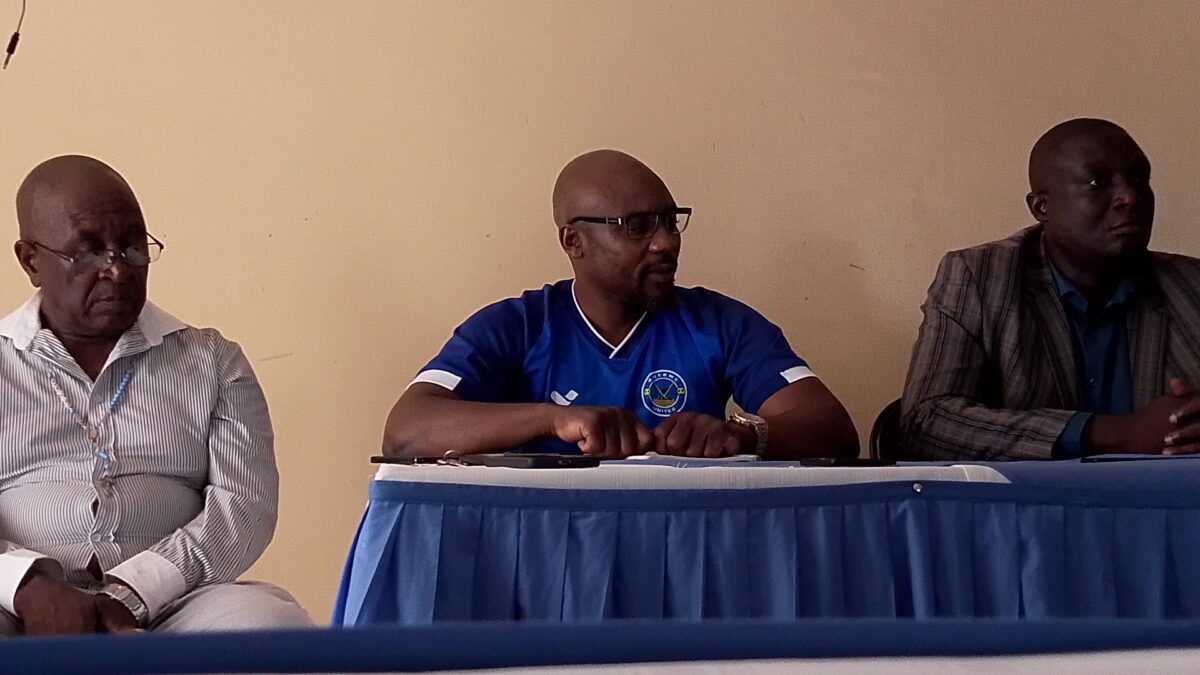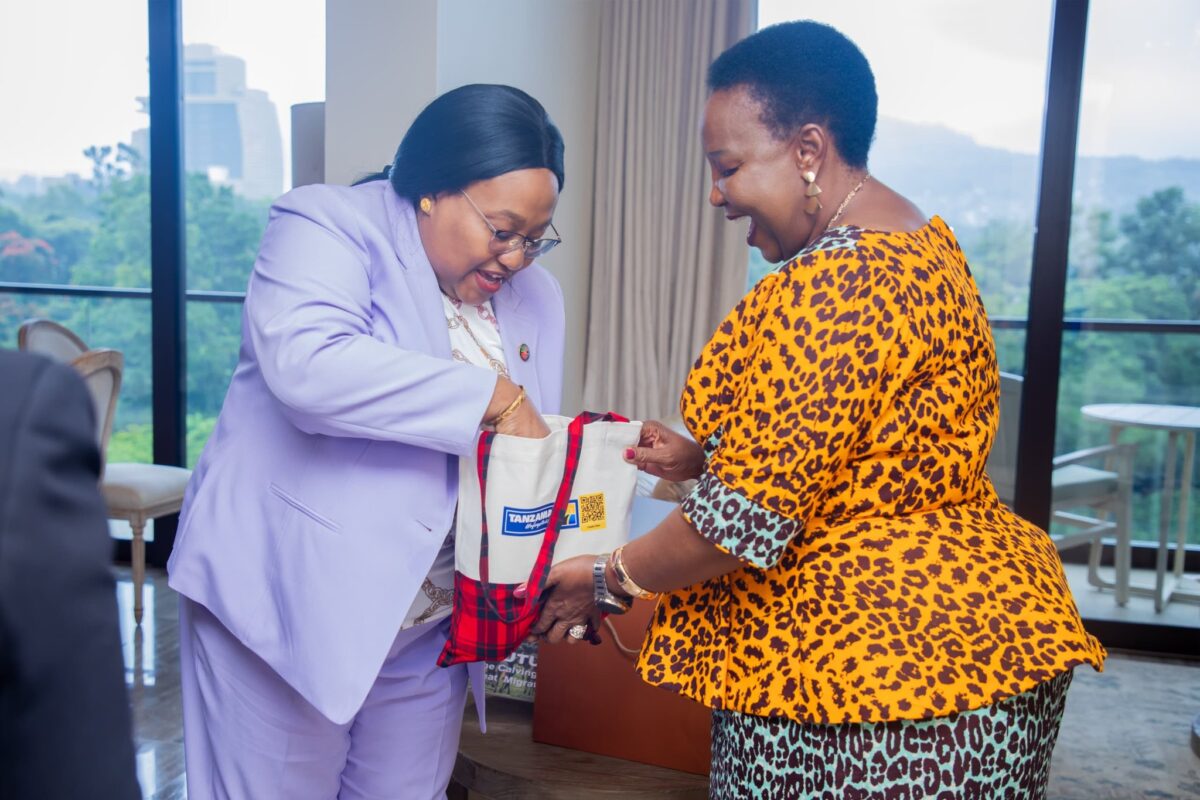JOHANNESBURG, South Africa – The future of the Economic Freedom Fighters (EFF) future looks turbulent after its deputy president, Floyd Shivambu, resigned on Thursday to join Jacob Zuma’s uMkhontho weSizwe Party (MKP).
The seemingly bleak way forward for the party will also be fuelled by party president Julius Malema’s own admission that other EFF heavyweights might follow Shivambu leaving the party battered and bruised.
Besides Shivambu’s and Mzwanele Manyi’s departure, some of the other big names suggested to be contemplating leaving the red berets are Dr Mbuyiseni Ndlozi, Vuyani Pambo and Carl Niehaus.
Speculation is also rife that the party’s national chairperson, Veronica Mente, who is Shivambu’s ally, is also on her way out.
Ndlozi, Pambo and Mente had not responded to phone calls from The Saturday Star by the time of publication.
However, Niehaus dismissed the rumours saying he was not going anywhere.
“There is nothing like that! None, whatsoever. I’m staying put,” he responded to the publication via text.
The EFF is still licking its wounds after the May 29 elections following the MKP overtaking them to claim the third spot of the election result edging the EFF to fourth spot.
Although it’s not clear what Shivambu stands to gain by joining Zuma’s party, he left Malema’s party in a tough position ahead of the party’s elective conference in December where Shivambu was to contest Malema for the presidency or stay as deputy.
Shivambu leaves the party he co-formed with Malema in 2013, reportedly after a fall-out with the red berets leader whose ambition to continue as president pushed him to make a decision to quit, leaving the party in a weaker position.
Shivambu was known to be working hard behind the scenes having drawn up the party’s concept papers, its seven cardinal pillars and policies.
Besides departing with his supporters, Shivambu, joining the MKP, leaves Malema’s party in distress a mere two years before the local government elections.
It is also expected that the EFF Student Command members, who have been in competition with ANC-aligned SASCO, will be leaving with its founder, having formulated it’s founding documents.
After the May 29 elections, Shivambu led the Government of National Unity (GNU) talks but the party decided not to join in the new arrangement.
Shivambu resigned at an urgent and sombre press briefing at Winnie Madikizela-Mandela House in Johannesburg on Thursday after submitting his resignation letter to Malema on Wednesday, 11 years after forming the party together.
The Star previously reported that Shivambu’s resignation was fuelled by in-fighting with Malema over the party’s elective conference.
An EFF insider, who is a member of the party’s national executive committee, told The Star that Malema’s ambition to remain the president of the party in December demoralised Shivambu, who had been eyeing the position.
The source said businesspeople had shown interest in supporting Shivambu to dislodge Malema as president at the December conference. But the party’s number one found this out and reprimanded Shivambu.
At the party’s 10th anniversary celebrations in July this year, Malema warned Shivambu that he was aware that he had ambitions to dislodge him as president.
The insider further said he was expecting the situation to get ugly between Shivambu and Malema after the divorce. because they knew too many of each other’s secrets.
Speaking at the party’s press briefing on Thursday, Malema accepted the resignation.
“Painful as it is, we have to accept it. It came as a shock. Some leaders shed tears. We must accept,” he said.
He said Shivambu’s resignation had caused him the same pain that he had felt when he had lost his mother.
“I accept the decision of the deputy president who has voluntarily resigned his position and did not renew his membership… When he gave me the letter yesterday (Wednesday), I felt the same pain I felt when I received the news of the passing of my mother,” Malema said.
Political analyst Professor Sipho Seepe said people joined political parties for a better value proposition. They ask themselves whether they can be used more effectively and be given better responsibilities to use their skills, knowledge and be valued.
He said they also look at the future prospects of the party, such as the fact that the MKP is growing.
“MKP has more advantages than EFF and is likely to draw more voters than them. It is possible that more disgruntled members of the GNU, which is led by the DA, will join MKP.
“Many ANC members will vote for MKP, because the ANC is no longer a liberation party, or a party that carries aspirations of black people. It carries aspirations for capitalists,” said Seepe.
Analyst Professor Andre Duvenhage, speaking on national television, said it was not yet over for the EFF but the party’s support would decline.
“It’s not the end of the EFF. but without any doubt there is a decline in the support base of the EFF… We have not only seen this in the 2024 elections, but also in a lot of by-elections,” he said.
“This did not come as a surprise for Malema. There is a relatively long history dating a year or more. There is a history of conflict between the two (Malema and Shivambu) …
“There are also a number of other factors that have played a role in this regard. I believe the VBS Bank investigations, implicating Shivambu, also played a role within the EFF.
“When it comes to corruption and we look at the MKP, and the composition of the MKP, it is going to war about corruption and state capture… So I believe that a person like Shivambu is feeling more safe within that environment than within the EFF,” Duvenhage added.

